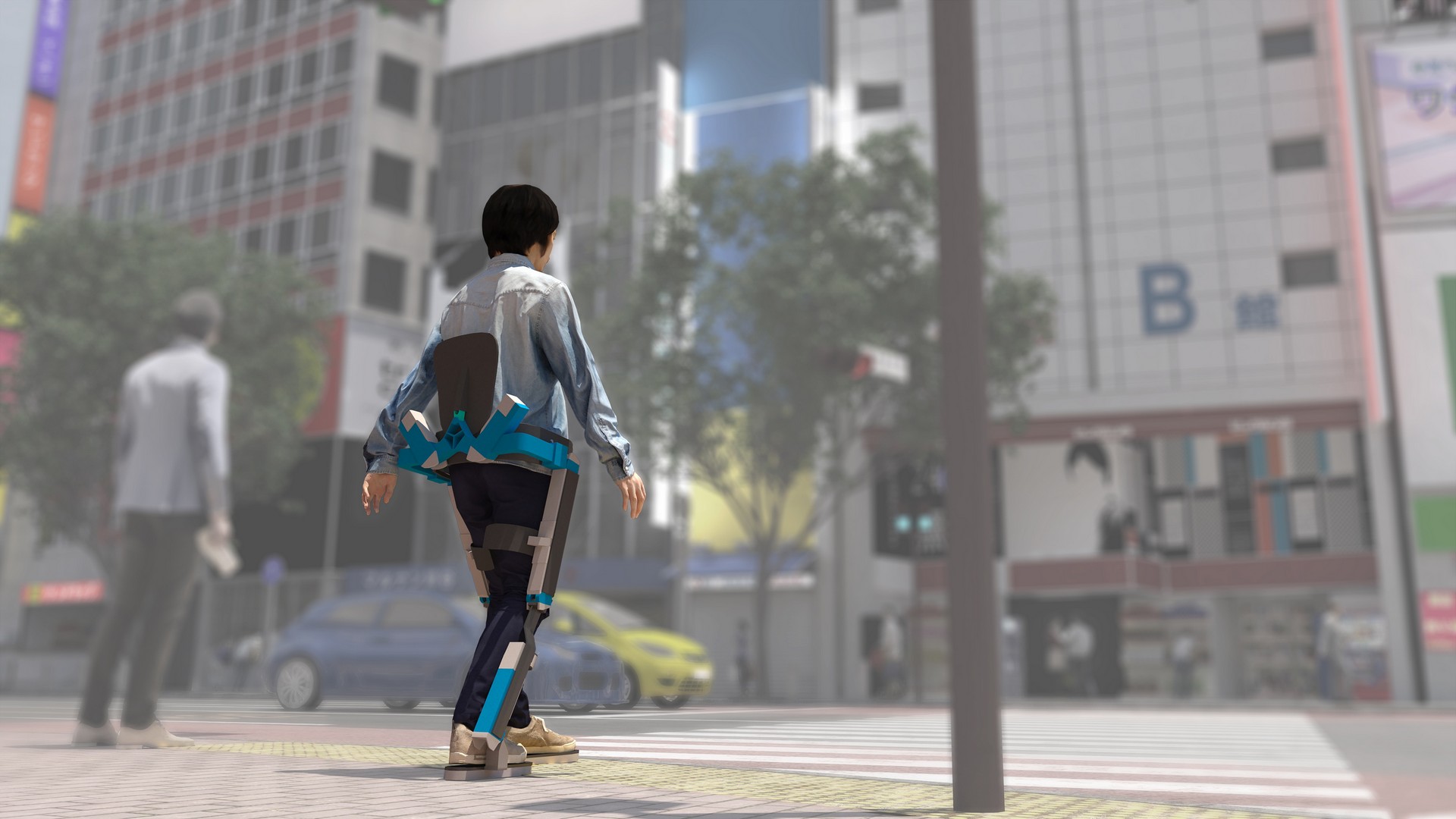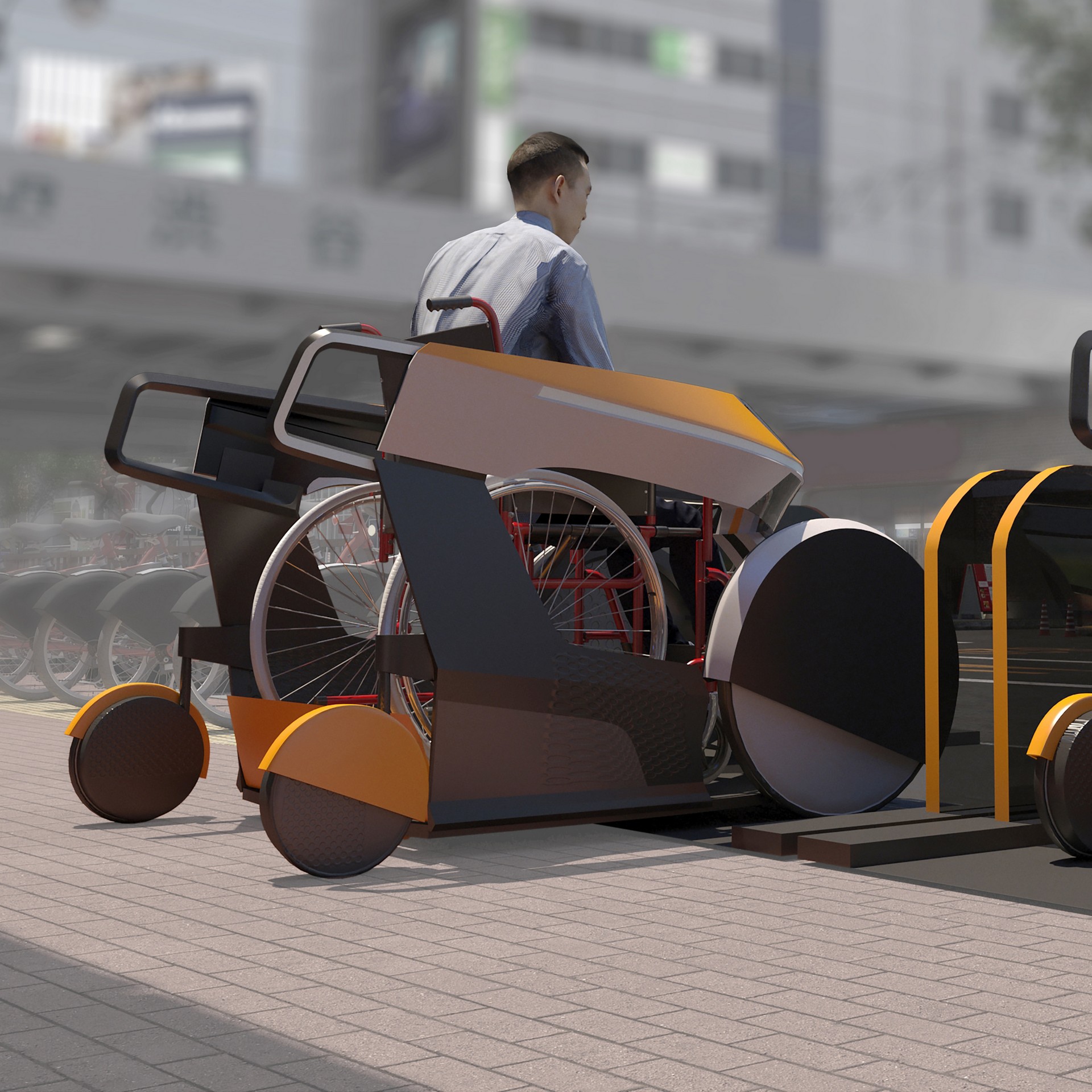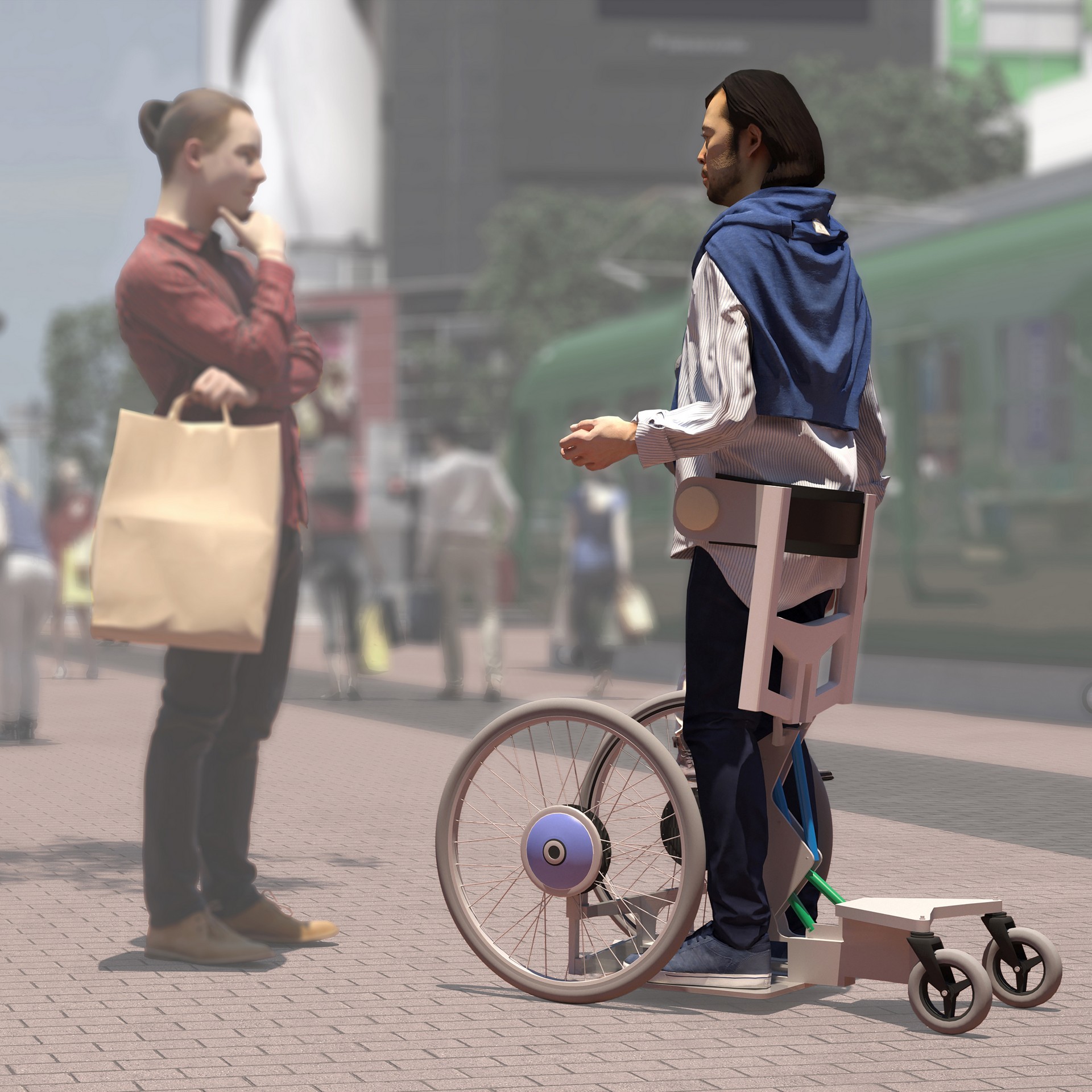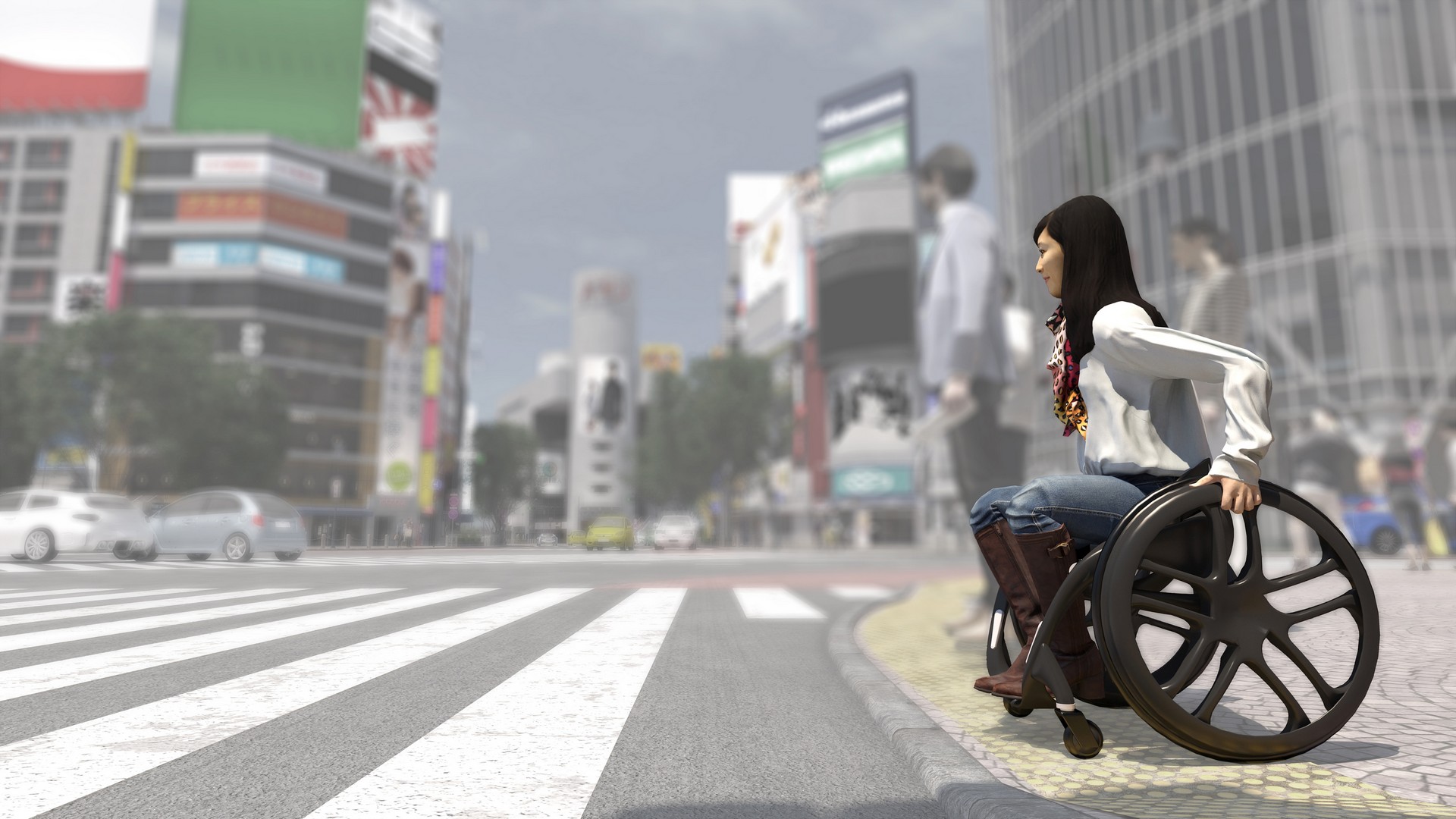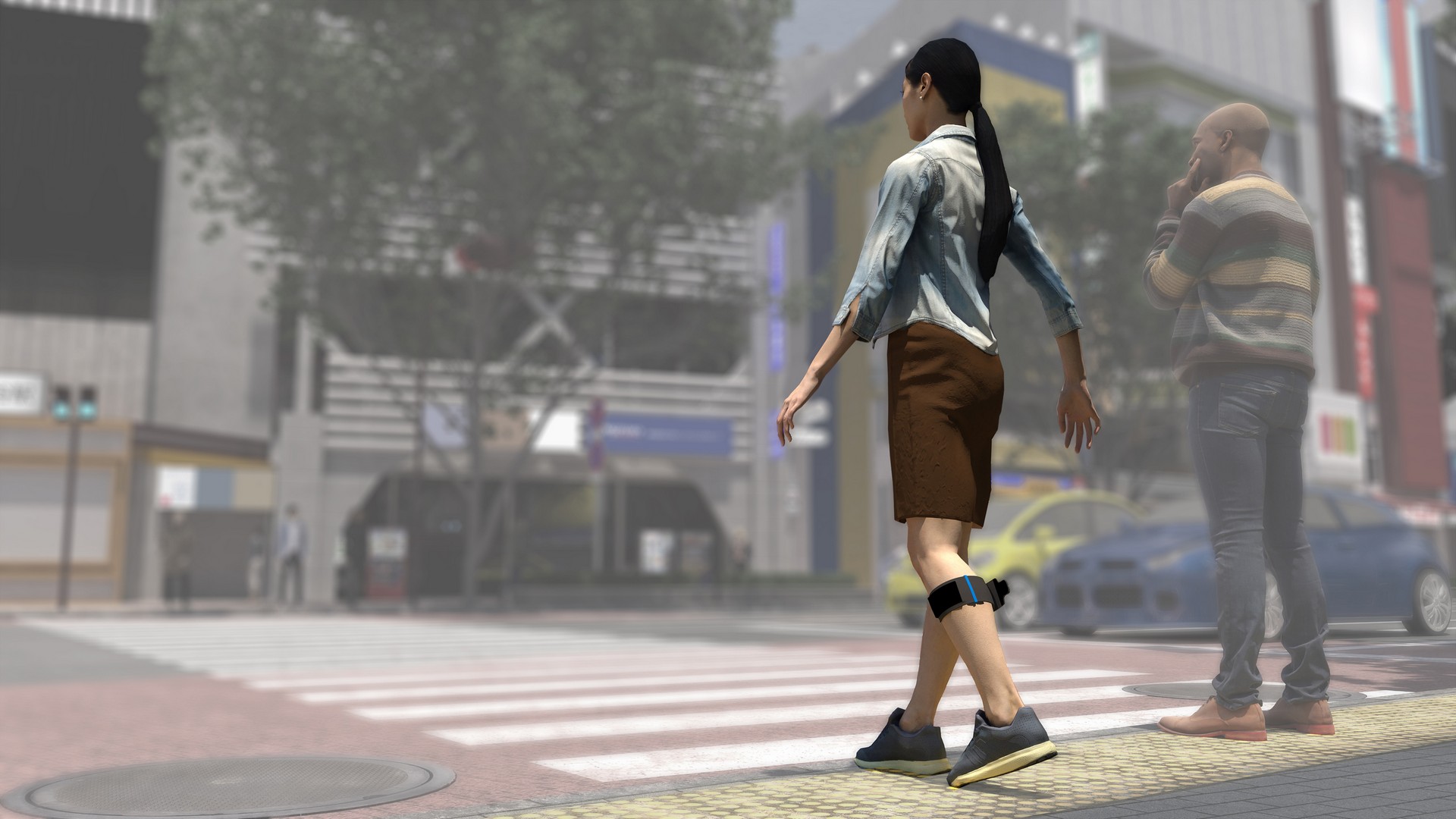The Toyota Mobility Foundation has unveiled five finalists for the Mobility Unlimited Challenge at CES.
Designed to improve the lives of people with lower-limb paralysis, the challenge tasked engineers and designers with creating devices which could assist people with mobility issues.
As part of this effort, Toyota was looking for mobility devices which “integrate seamlessly into users’ lives and environments, while being comfortable and easy to use, enabling greater independence and increased participation in daily life.”
Getting to the finalists, the first is called the Evowalk and it was created by US-based Evolution Devices. Toyota says the device is a “non-intrusive sleeve” which goes around a user’s leg and uses sensors to track when people walk. When the device determines that a person is walking, the Evowalk will stimulate muscles in an effort to improve mobility.
The other finalist from the United States is Quix which comes from IHMC & Myolyn. Toyota didn’t say much about the device, but it’s a powered exoskeleton which enables “fast, stable and agile upright mobility.”
While Italdesign is best known for designing cars such as the Nissan GT-R 50, the company also entered the challenge with a device called the Moby. It’s a wheeled platform which can accommodate a manually-operated wheelchair. Since the platform is powered, it effectively turns a manual wheelchair into a powered one. The platforms are envisioned to be placed in public locations and unlocked using a smartphone app. The idea is somewhat similar to electric scooter rentals.
Speaking of wheelchairs, the Phoenix Ai Ultralight Wheelchair is a futuristic take on a centuries old idea. As the name suggests, the carbon fiber wheelchair is lightweight and intelligent as it continually adjusts its center of gravity to fit what the user is doing. Phoenix Instinct says this will help eliminate uncomfortable and painful vibrations.
Lastly, the Qolo was developed by a team from the University of Tsukuba in Japan. Billed as an exoskeleton on wheels, the Qolo allows users to either sit or stand.
All of the finalists will receive $500,000 (£391,530 / €436,002) to further develop their concept. The winner will then be announced in 2020 and they will receive a prize of $1 million (£783,060 / €872,065).





